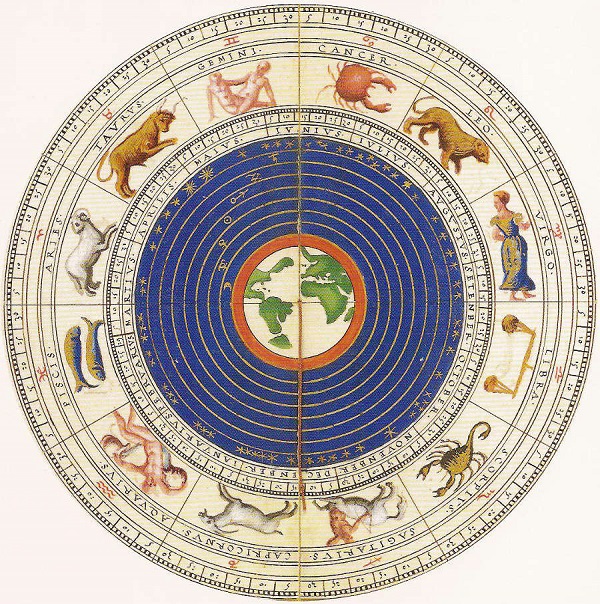FWP:
The 'lamentations/tumults' and the 'youthfulness' may of course be two separate items that are simply listed together as they are recollected, but they may also-- more enjoyably-- be equational, as paraphrases of each other. Asad's youth, in short, consisted, at least in his (nostalgic?) memory, entirely of weeping, wailing, 'howling', and other kinds of generally miserable uproar. And not only that, but when he laments the losses caused by time, the only thing he remembers-- or at least regrets-- seems to be the fact that he's no longer capable of such youthful wild tumults of grief.
Nazm's observations, both about the inshāʾiyah
force of the verse, and about the effect of the poet's using his full name, are exactly
right. The full name also gives a kind of valedictory effect, as though his
life were being summed up and memorialized at its close (though of course the poet was then in his thirties). For another such
example, see {71,10}.

Nazm:
The first line is an exclamation of lamentation [inshā-e taʾassuf] and the second is interrogative [istifhām]-- in short, the whole verse is inshā . The second excellence arises from the appearance of the whole name, with the title. From the word 'Khan' the meaning emerges that at one time [zamānah] he had power and dignity, which old age erased. (171)
== Nazm page 171